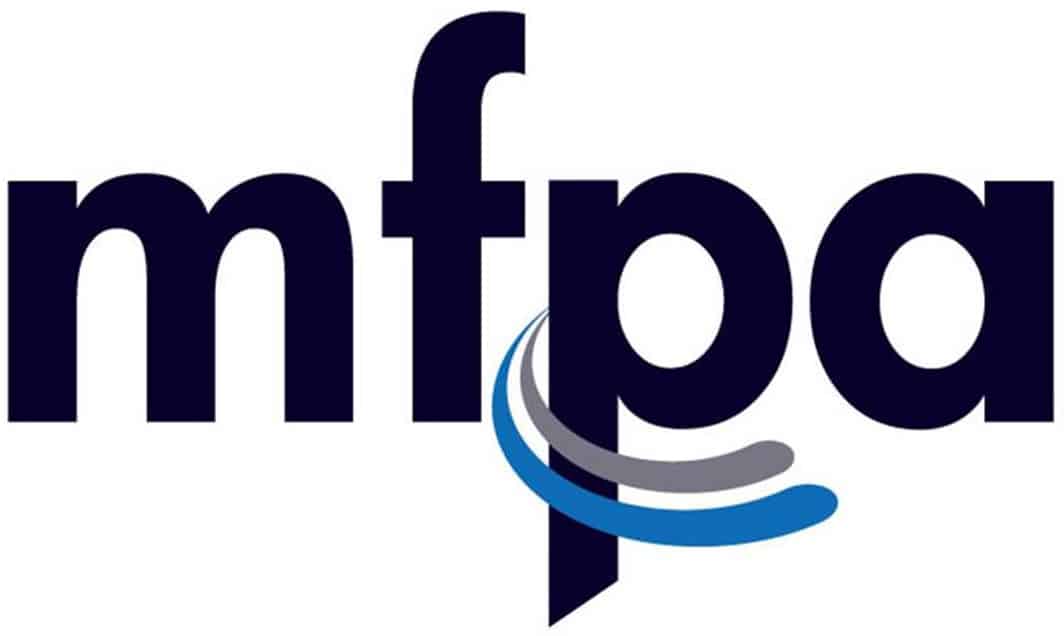Public Talk _ Impact of Technology in our Day to Day Life – 27/06/2013
The Malta Federation of Professional Associations in collaboration with the Malta Group of Professional Engineering Institutions and the Chamber of Engineers is organising a Public Talk on Thursday 11th July 2013 at 17:45 at the Radisson BLU, St. Julians.
Kindly make a reservation to ensure a seat
Email: info@info@mfpa.org.m or call mornings on 21312888/99471287
ABOUT THE PRESENTATION
Are you capitalizing on technology?
There is evidence that since the end of the second ice age, that is from some 400,000 years ago, Homo Sapiens has designed, manufactured and utilised artifacts to ameliorate his life. In various museums one is able to see what are believed to be fishing points, arrow heads, axes, sickles, chisels and knives amongst other artifacts that belonged to the Stone Age. The early technologies were obviously directed towards addressing basic survival needs; both biological and physiological needs such as food, drink, shelter, and security. Through these technologies human beings established a definite superiority on the other animal species found on Earth. The discovery and harnessing of fire was a major milestone in mankinds’ evolution; but the person who planted the first seed started a major revolution – the agricultural revolution, and this gave rise to new technologies. The technologies employed in land cultivation and harvesting being the most obvious; but new and important secondary technologies such as buildings, segregation of land, means of storage and transportation of produce and water started to be developed, together with means of trade. This revolution had a distinct impact on the way humans lived and their social outlooks and it also gave rise to novel needs which in turn generated more new technologies.. While weather and seasonality still remained a major influence on the way people lived at the time, animal power was the only source of energy that was controllable and usable.
The wheel and the steam engine gave rise to another revolution – the industrial revolution. Technologies developed at a relatively faster rate, communities grew much larger, towns and cities emerged and this era saw the evolution of the masses. Mass production, mass education, mass entertainment, mass transportation, mass storage and standardisation were the order of the day. While machines produced tirelessly, humans could afford more, consumption and trade went up a number of levels. Technology however had its negative sides, such as the toll on the environment and the destructive capacity of war machines grew exponentially. The latter have grown to a stage where it is within our power to totally destroy ourselves.
More recently technology gave rise to another revolution – the information and communications revolution. Technology is facilitating change at a rate that was never experienced before. Like never before technology is affecting our economy, trade, health, environment, social behavior, politics, education, transportation and our demography. How is technology affecting our daily lives? How can we maximize on the use of technology? How can we use technology in a sustainable manner? How will technology shape our future?
ABOUT THE SPEAKER
Inġ. Ray Vassallo started his engineering career at the tender age of 19 when he joined a ship repair yard as an apprentice. During his apprenticeship he obtained with distinction the City and Guilds Ordinary Technicians Diploma and Higher Technicians Diploma. He graduated with honours as a Mechanical Engineer from the University of Malta. In the heavy and marine industries Ing. Vassallo occupied a number of engineering posts ranging from that of production manager, to operations manager, to IT Development Manager. He furthered his studies and obtained a Masters degree in Business Administration from Brunel University. In the year 2001 he joined one of the leading hotel chains in Malta as Chief Engineer. Ing. Vassallo lectured at the University of Malta and other technical higher educational institutions. He is presently Deputy Director at the Institute of Mechanical Engineering at MCAST.




